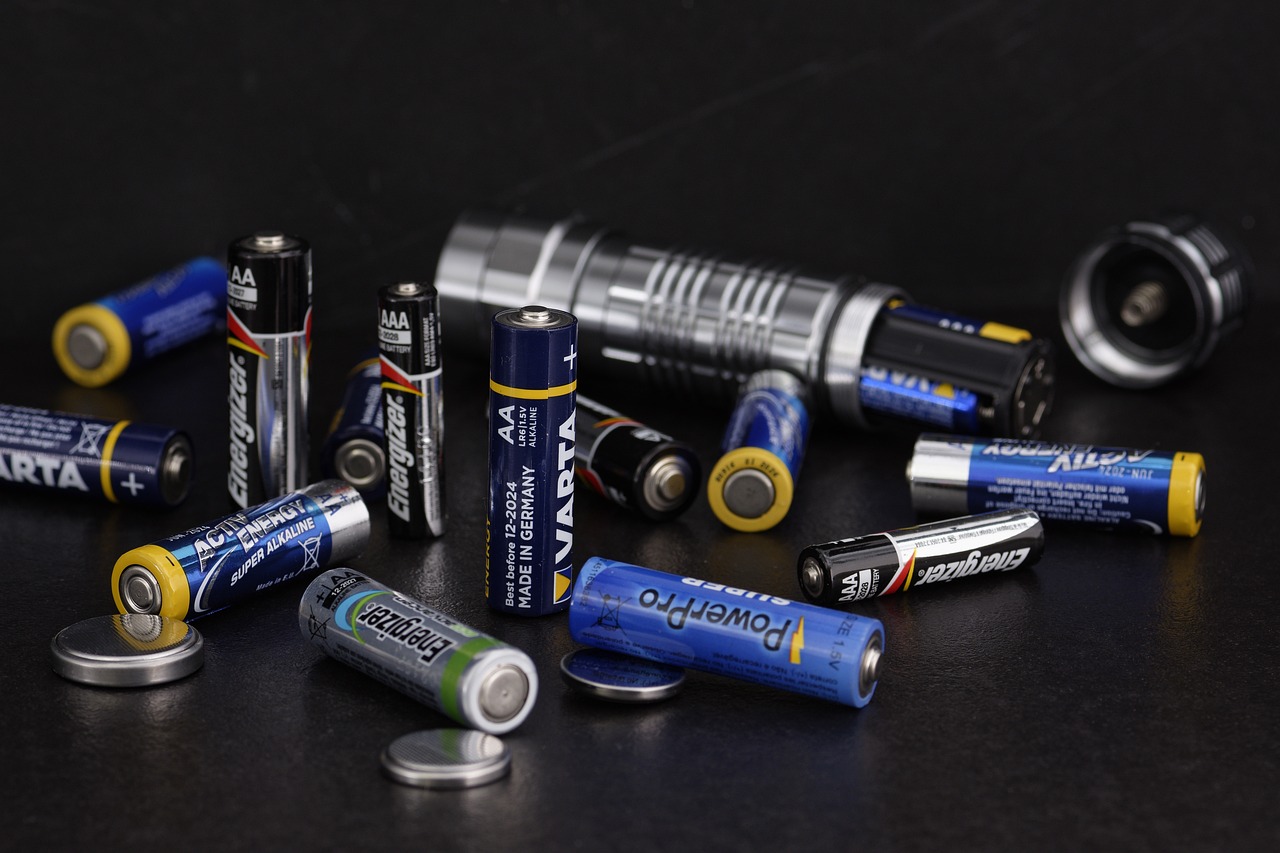Introduction
Battery recycling is crucial for environmental protection, resource conservation, and preventing toxic waste from polluting our surroundings. With billions of batteries discarded annually, knowing how to recycle batteries properly ensures hazardous materials do not harm wildlife, water sources, or human health. In this guide, we will explore how to recycle batteries of all types, including household, rechargeable, and electric vehicle (EV) batteries.
We will also cover legal requirements, collection points, and new advancements in battery recycling technology.
Why Is Battery Recycling Important?
Batteries contain toxic metals such as lead, mercury, cadmium, and lithium, which can leak into soil and water when improperly disposed of. Recycling batteries helps:
- Prevent pollution by keeping hazardous materials out of the environment.
- Conserve resources by recovering valuable metals such as cobalt, nickel, and lithium.
- Reduce energy consumption needed to manufacture new batteries.
- Improve safety by preventing fires caused by improperly discarded batteries.
Types of Batteries and How to Recycle Them
Different types of batteries require different recycling methods. Below is a breakdown of the most common types and how to dispose of them responsibly.
1. Alkaline and Zinc-Carbon Batteries
- Common Uses: AA, AAA, C, D, and 9V batteries found in remote controls, clocks, and flashlights.
- Recycling Options:
- Many areas allow these batteries to be disposed of in household trash, but recycling is preferred.
- Retailers like Best Buy, Home Depot, and Staples offer collection bins.
- Some cities have hazardous waste collection programs that accept alkaline batteries.
- Safety Tips:
- Store in a cool, dry place before disposal.
- Do not mix with rechargeable or lithium batteries.
2. Rechargeable Batteries (NiMH, NiCd, Li-ion)
- Common Uses: Cameras, power tools, laptops, and cordless phones.
- Recycling Options:
- Call2Recycle (www.call2recycle.org) provides drop-off locations.
- Many electronics retailers accept rechargeable batteries for free recycling.
- Safety Tips:
- Tape the terminals to prevent short circuits.
- Never dispose of in household waste bins.
3. Lithium-Ion (Li-ion) Batteries
- Common Uses: Smartphones, tablets, laptops, power banks, electric vehicles.
- Recycling Options:
- Drop off at specialized electronics or battery recycling centers.
- Apple, Samsung, and Dell offer mail-in take-back programs.
- Safety Tips:
- Store in a fireproof container if damaged or swollen.
- Never puncture, crush, or expose to extreme heat.
4. Lead-Acid Batteries (Car Batteries, UPS Batteries)
- Common Uses: Cars, motorcycles, solar power storage.
- Recycling Options:
- Auto repair shops, dealerships, and battery retailers accept old lead-acid batteries.
- Some programs offer cash incentives for battery returns.
- Safety Tips:
- Keep the battery upright to prevent leaks.
- Never dispose of in household trash due to high toxicity.
5. Button-Cell (Coin) Batteries
- Common Uses: Watches, hearing aids, medical devices.
- Recycling Options:
- Many jewelry and electronics stores accept them.
- Local hazardous waste facilities provide safe disposal options.
- Safety Tips:
- Store safely out of children’s reach.
- Check for mercury-free options before disposal.
6. Electric Vehicle (EV) Batteries
- Common Uses: Electric cars, hybrid vehicles, e-bikes.
- Recycling Options:
- Automakers like Tesla, Nissan, and BMW have take-back programs.
- Many batteries are repurposed for energy storage systems.
- Safety Tips:
- Never attempt to dismantle an EV battery.
- Contact your vehicle manufacturer for proper disposal.
Where to Recycle Batteries
Finding a nearby battery recycling center is easy with the following resources:
| Organization | Services Provided | Website |
| Call2Recycle | Drop-off locations for rechargeable batteries | www.call2recycle.org |
| Earth911 | Nationwide recycling database | www.earth911.com |
| AutoZone | Accepts lead-acid car batteries | www.autozone.com |
| Best Buy | Collects rechargeable and lithium-ion batteries | www.bestbuy.com |
Battery Recycling Safety Tips
- Do not store batteries in direct sunlight – they can overheat and leak.
- Use electrical tape on battery terminals to prevent short circuits.
- Keep damaged or swollen batteries in a fireproof container before disposal.
- Do not throw batteries in fire – they can explode.
The Future of Battery Recycling
With the increase in electric vehicles (EVs) and renewable energy storage, new innovations in battery recycling are emerging:
- Advanced separation techniques allow better recovery of lithium, nickel, and cobalt.
- Battery repurposing programs extend the life of EV batteries for solar storage.
- Solid-state batteries promise a safer, more environmentally friendly alternative.
Conclusion
Knowing how to recycle batteries correctly is essential for reducing environmental harm and conserving resources. Whether it’s alkaline, lithium-ion, or car batteries, each type requires specific disposal methods. By using dedicated recycling programs, we can minimize waste, prevent pollution, and contribute to a more sustainable future.
For local recycling options, visit Call2Recycle or your city’s waste management website. Together, we can ensure a cleaner, safer planet by recycling batteries the right way!

Leave a Reply